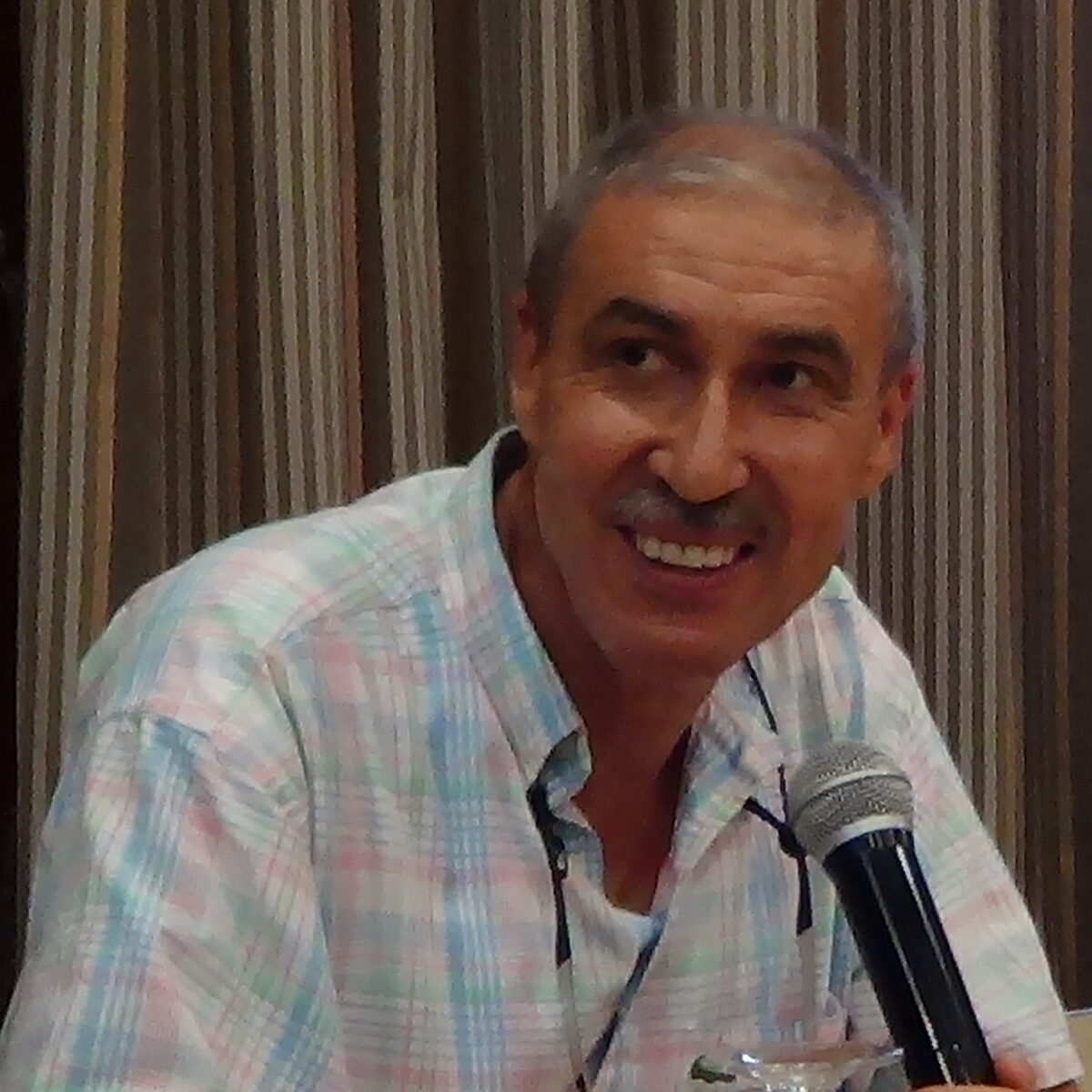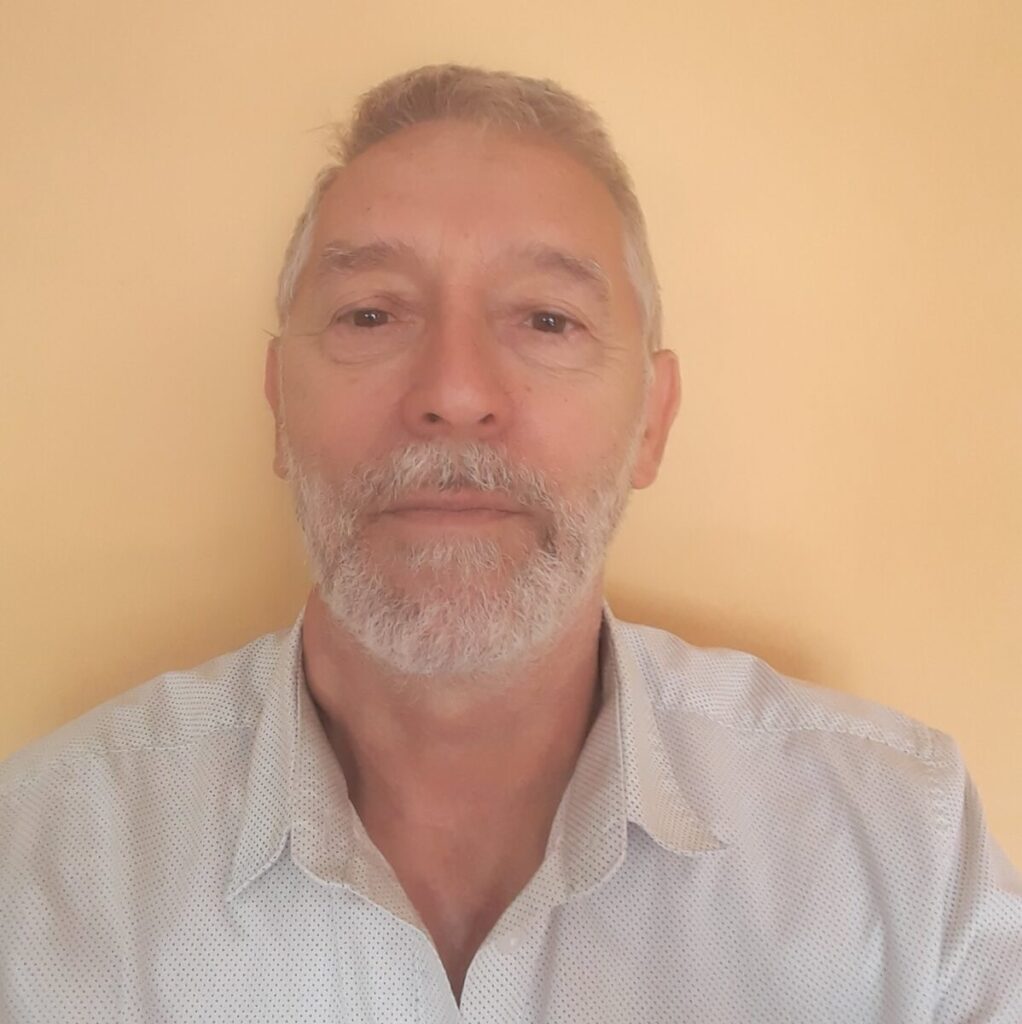Sfax, "the capital of the South" has experienced a continuous decline since the 1980s, with multiple causes: globalization, the flight of economic and cultural elites to the Capital or abroad, the shift to a service economy... but one of the determining causes is the degradation of the quality of life due to industrial pollution - particularly chemical - despite citizen mobilization since 1980 and especially after the revolution of 2011.
Sociologist and ecological activist from Sfax, Fethi Rekik analyzes this exemplary case with the perspective of a scientist and testifies to this difficult struggle with the commitment of the citizen, in a dialogue with Bernard Mossé, historian, head of Research, Education Training of the NEEDE Mediterranean association.
# 4 The reconquest of industrial space
Bernard Mossé: What are the obstacles to this project of converting the polluted site by the chemical industrial group SIAPE in Sfax?
Fethi Rekik: It's expensive! Hence the idea of private investment, not just national, but open to foreign investors.
We will have to open up anyway. This aligns with the strategy that has been set by the municipality: to transform Sfax into a metropolis open to the world. Especially since the state has no money for that. Moreover, there are about ten projects that have never been realized: we have been talking about a sports city for 20 or 25 years, we talked about a stadium, a large stadium. Each time, it has been ratified by the ministry..., but nothing gets done. There is the metro project. There is also the Taparura project for the development of the waterfront...
Why not think about foreign investors to finance this kind of project? And this will generate activity. So that's the idea: to transform the SIAPE site into a clean economy. Especially since we already have one of the two major universities in the country.
Bernard Mossé: What can slow this down is the technical and budgetary management of the site’s decontamination.
Fethi Rekik: No. How did they manage to create the projects of Lac 1 and 2 in Tunis? It was Saudi capital and other countries too! Why not do it in Sfax? They sold the square meter at a minimum. So why not do it here? So, it's always this kind of comparison. Why do they agree to do it for the capital and refuse it for Sfax? That's the idea. Maybe it should be divided by three compared to the Tunisian project; it’s not considerable for a project of this size, with a credit set up under international cooperation.
Bernard Mossé: Yes, but investors are probably hindered by the fact that it is a polluted site.
Fethi Rekik: Yes, first, it needs to be decontaminated. Of course. We have the techniques for that. The problem is not technical. It is primarily a problem of governance and political will.
Bernard Mossé: You explained that civil society has taken up the subject. Has it restructured around this issue?
Fethi Rekik: After 2011, it is no longer the APNES that is the first actor, as I told you. Even if its members are still active, there are many youth associations, for example, that have taken over like the association "Sfax la Belle" which regularly organizes seminars. Another association is also very active: "Close SIAPE". It is made up of activists, but also academics and even businesses like "La Maison de l’expertise", with a leader who has contributed to revitalizing the movement.
And then, recently, we are witnessing the reconquest of one of the emblematic places of the Sfaxiens from the 1960s: the Casino square. During the colonial era, in the 1950s, there was a casino, a swimming club... those over 60 remember it. And they have reconquered it. I personally participated in this reconquest with the association "Casino" whose leader is a colleague from the university. The problem is that this space extends over a few hundred meters along the coast. To the south, there is the commercial port: that is a limit we can accept. But on the other side, there is another limit apparently imposed by the government: we authorized a company to settle there and as a result, we limited the extent of the beach to about 600 or 700 meters. And the company is now established.
Bernard Mossé: What is this company? Is it polluting as well?
Fethi Rekik: Setting aside the pollution, the question is why install it there, right in the city center, where the citizens are asking for the rehabilitation of the place, an emblematic spot of the city.
So civil society is asking for the extension of the beach and the right of the Sfaxiens to a beach since the rest of the coastline is polluted. And we do not understand why the government granted such authorization in this place...! But the association is active and effective: there are restaurants, chairs to sit by the sea... And people frequent this beach. It is in a way a reconquest of this space by civil society.
Biographies

Fethi Rekik is a professor (HDR) of Higher Education and Scientific Research and director of the research laboratory 'State, Culture and Social Mutations' at the Faculty of Letters and Human Sciences of Sfax, Tunisia. He has also been an ecological activist in his city of Sfax since the 2000s.

Bernard Mossé Historian, head of Research, Education, Training of the NEEDE Mediterranean association. Member of the Scientific Council of the Camp des Milles Foundation – Memory and Education for which he was the scientific manager and coordinator of the UNESCO Chair "Education for Citizenship, Human Sciences, and Convergence of Memories" (Aix-Marseille University / Camp des Milles).
Bibliography:
Salem DAHECH and Fethi REKIK, "Road Traffic and Noise Pollution in Sfax (Southern Tunisia): A Multidisciplinary Study". Atmospheric Pollution Review, no. 3, 2012.
Amor BELHEDI, "Regional Disparities in Tunisia. Challenges and Issues", pp. 7-62 in The Conferences of Beit al-Hikma, 2019, 2017-2018, 194p + 112p in Arabic. Coll. Conferences, no. V.
Ali BENNASR, "Sfax: from a regional city to a metropolitan project". University Publishing Center. Globalization and Urban Change, pp. 79-95, 2010.
Fethi REKIK, "Environment and Sustainable Development between the Global and the Local, Case of the Kneïss Islands", CERES Review, no. 132, 2006
Taoufik MEGHDICHE, "Sfax's Relations with Southern Tunisia: Some Elements of Reflection", University Research Review, no. 8, 2010, pp. 41-61.

From this conversation, the AI generated a stream of illustrations. Stefan Muntaner fed it with editorial data and guided the aesthetic dimension. Each illustration thus becomes a unique work of art through an NFT.
